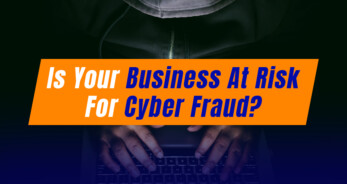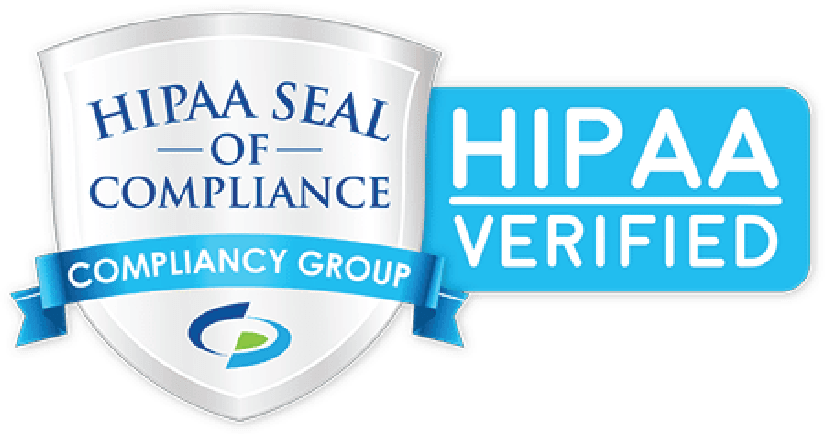From protected health information to credit card data, businesses today process and store highly confidential data. Data breaches are increasing as hackers continue to steal data for profit.
With the propensity of data breaches, ransomware, denial-of-service attacks, and even insider theft, the best data protection and security controls are essential for your organization today. You must know that your data is protected, backed up properly and can be restored quickly if it’s lost or damaged.
That’s why Information Security is so important – it’s all about the protection of your data. When we refer to InfoSec, we’re also referencing your policy detailing the responsibilities and expectations of your business’ employees.
A majority of cybersecurity services offered today include the best in vital technologies, from firewalls to anti-malware to data encryption and more.
However, as important as this technology is, on its own, it simply isn’t enough.
The key to truly comprehensive cybersecurity is simple, yet often overlooked: the user.
Cybersecurity gimmicks — such as “set it and forget it” firewalls and antivirus software — fail to account for how important the user is. Even the most effective digital security measures can be negated by simple human error, which is why conventional solutions are simply not enough to ensure your practice’s safety.
Check out this video to learn more:

Much of cybersecurity is dependent on the user, and as such it’s vital that you properly educate those that work at your practice in safe conduct. The more your workforce knows about the security measures you have in place, the more confidently they can use the technology is a secure manner.
One of the best ways to foster an InfoSec mindset is to train all personnel on cybersecurity standards, with a high expectation that those standards will be followed.
Training should be ongoing and evolving, both to refresh your employees’ awareness and to build on previous information to address new threats. Whenever you offer training on any topic to employees, try to add InfoSec tips, too.
A well-written policy makes your InfoSec standards clear and objective. No one on your staff should have to guess what to do when confronted with a potential cybersecurity issue.
All staff members, especially new arrivals, should be given access to your comprehensive InfoSec policy. Make sure you and your staff have the answers to these questions:
Is your InfoSec policy easy to find?
Do your employees know whom to contact for help with a cybersecurity issue?
If you haven’t already done so, consider creating a marketing tool to tell staff where to find your InfoSec policy and whom to contact with questions. You could also add a few InfoSec tidbits to that marketing tool.
Remember that good InfoSec practices are important not only for company-related accounts and equipment but also for your staff members’ personal accounts and equipment because attackers might try to infiltrate the personal accounts and devices of people related to a target business.
When you’re hiring a new staff member, ask that person about their InfoSec experience, and assess their InfoSec mindset as part of your interview with him or her.
Are your new hires aware of social engineering techniques?
Might your new staffers be presenting any sort of insider threat to the business?
Remember, Information Security is not just a policy; it’s a mindset. If you need assistance developing a secure culture for your staff, don’t hesitate to work with a trusted partner in cybersecurity.
Get started today by getting in touch with the Kraft Technology Group team at (615) 600-4411 or info@kraftgrp.com.




